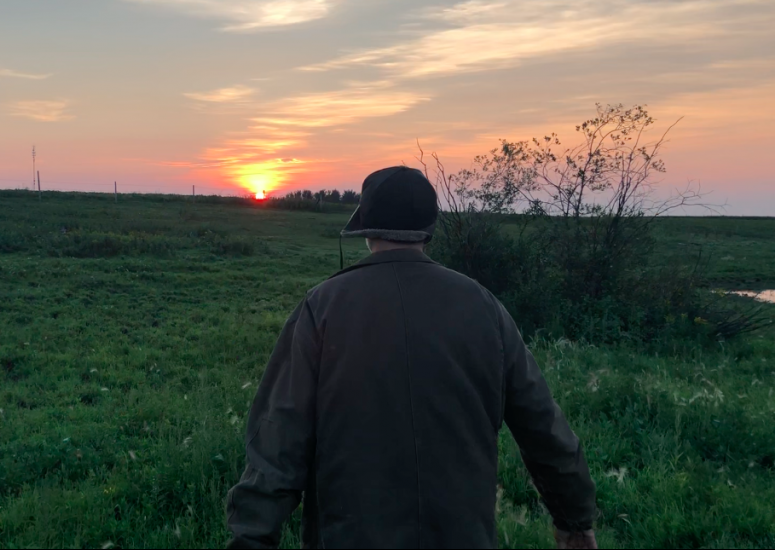Troy Ruptash wanted to get out of Vegreville as fast as he could, but it wasn’t until years after he left that he realized the beauty of his hometown.
“Since returning home, it’s been full circle,” says Ruptash, who moved away shortly after graduating. “And it’s been healing because — I’m not going to sugarcoat it — it was tough for me growing up in Vegreville, honestly.”
When all the other kids in town were playing hockey, Ruptash was figure skating at the national level. He experienced bullying growing up as a gay man in a small town, and didn’t feel like he wholly belonged to a community. Ruptash found himself living in Edmonton, Vancouver, Toronto, New York and Los Angeles (where he resides now), but he couldn’t get rid of the feeling that there was still a piece of him left in the small town with the World’s Largest Easter Egg.
Decades later, Ruptash sees how important it was for him to grow up in Vegreville and how it fuelled his growth. He says he finally feels like he’s receiving the support he so long desired, and the community welcomed him back with open arms as he celebrated the premiere of his directorial debut film, They Who Surround Us, at Vegreville’s Capitol Theatre last week.
The film follows Roman, an immigrant farmer in Vegreville who fled Ukraine as an eight-year-old boy in 1943. A tragic accident happens that causes an emotional uprising in Roman’s life, causing him to reflect back on his past trauma. It’s a story of healing, loss, grief and family.
“I’ve been an actor for 30 years, and I’ve never auditioned for a Ukrainian character and I’ve never played one,” says Ruptash. “I thought, ‘This is, this is ridiculous.’ And so I created my own opportunity, and I thought this is perfect because I want to tell a story inspired by my family.”
Ruptash wrote the screenplay which became a finalist in the Duplass Brothers’ Hometown Heroes competition, which encourages filmmakers to make movies about their hometowns, especially underrepresented communities and cultures. Ruptash was inspired by his Ukrainian heritage, specifically his grandmother who fled Ukraine in the 1930s and his great uncle who was thought to have died in a Siberian prison camp. A photo of him was the catalyst Ruptash needed to start writing the script.
